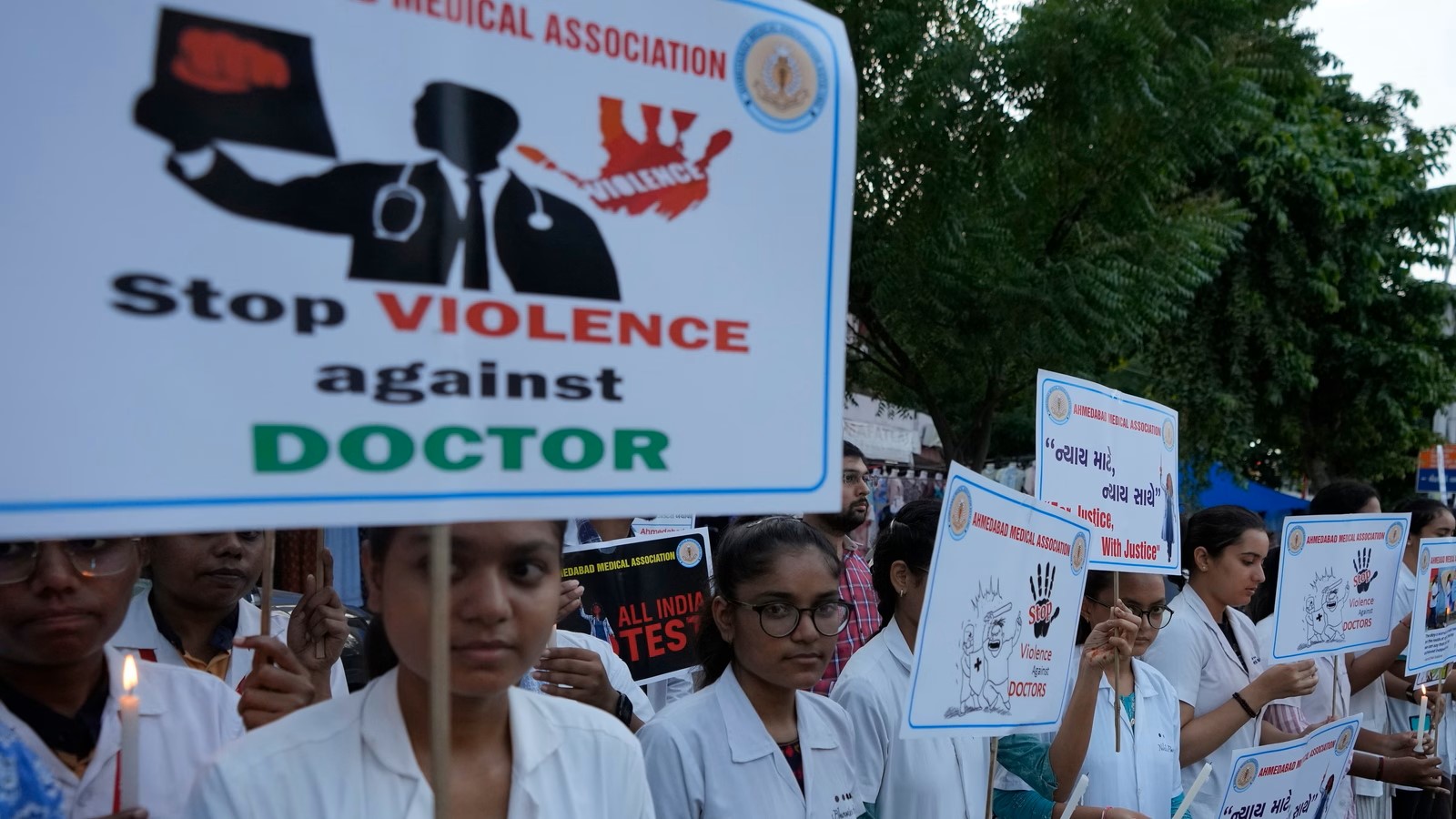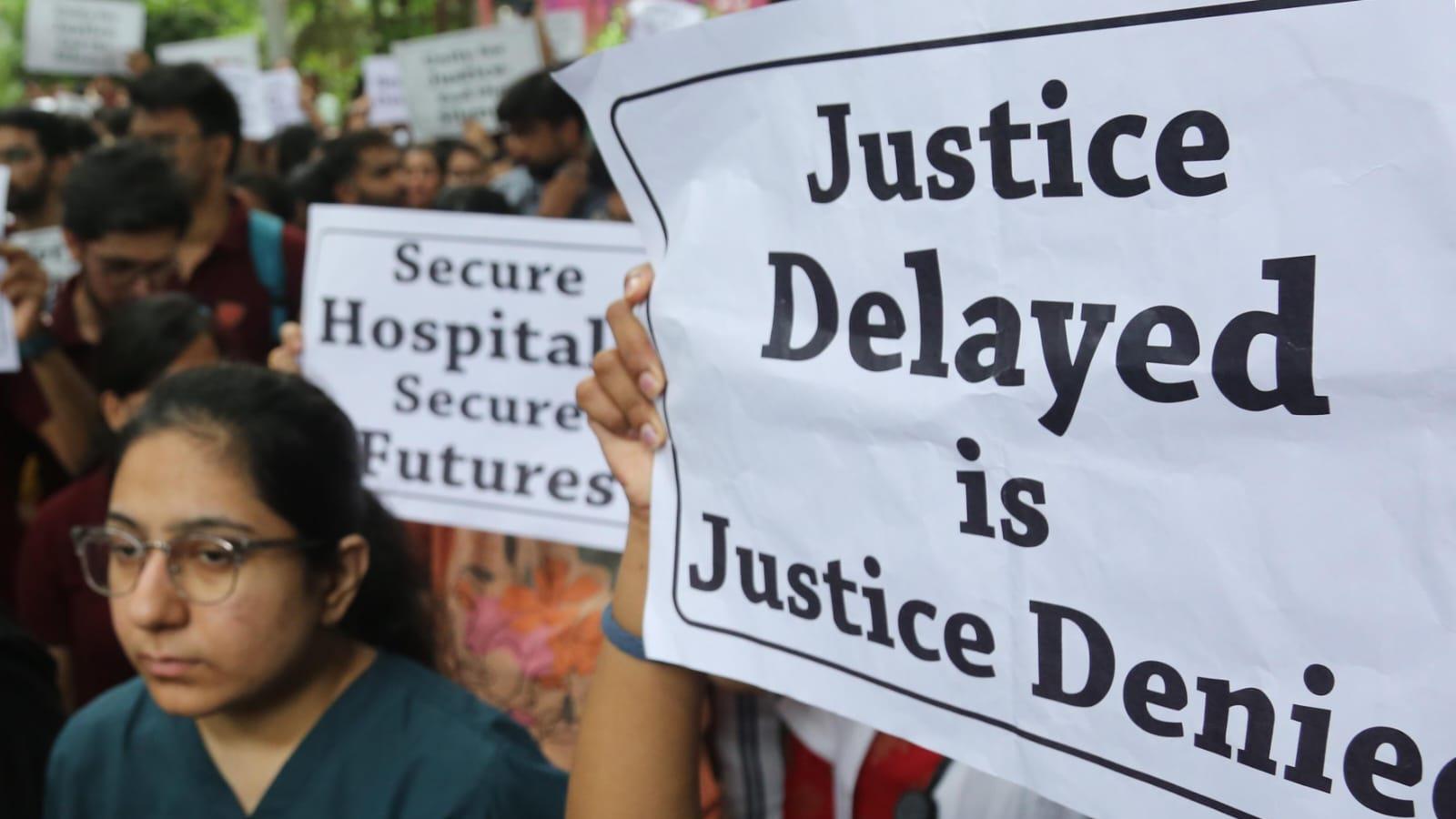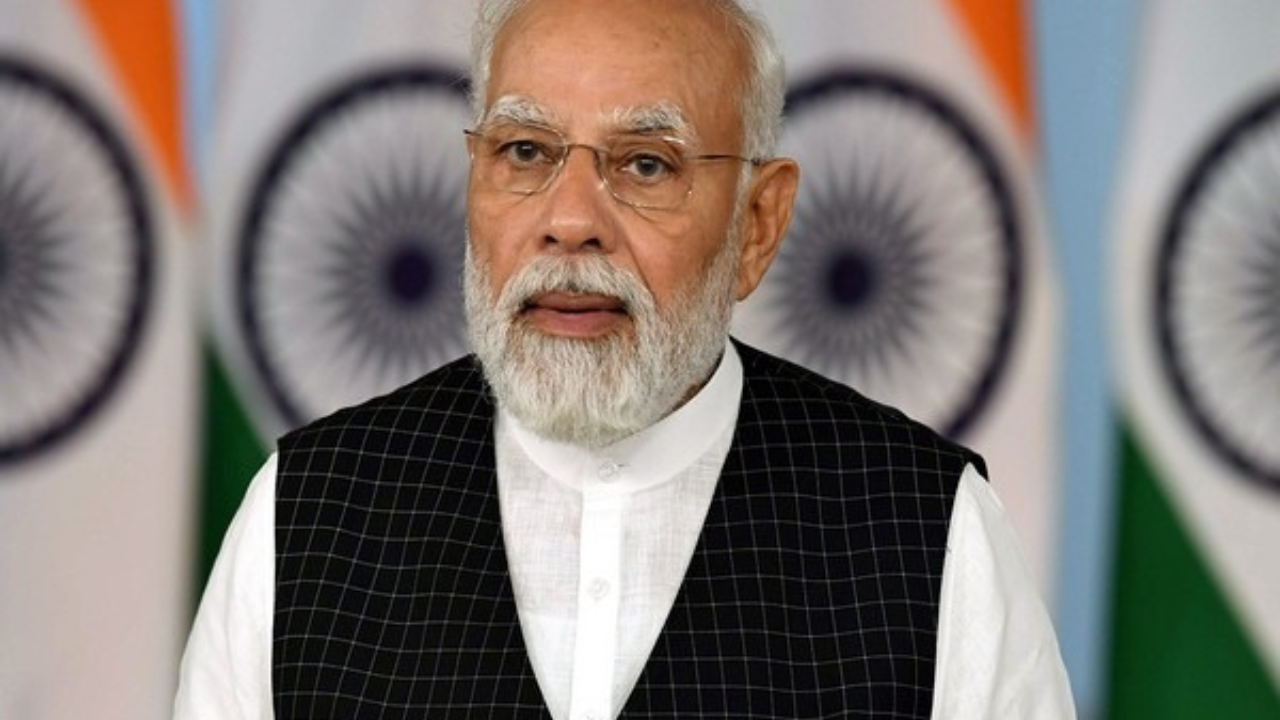The recent tragic incident at R G Kar Medical College and Hospital in Kolkata, where a female resident doctor was raped and murdered while on duty, highlights the critical need for legal measures to protect healthcare workers across India. This shocking event serves as a grim reminder of the constant dangers faced by those who dedicate their lives to saving others. Doctors, nurses, paramedics, and support staff regularly confront aggressive and emotionally charged individuals, often placing their own safety at risk.
 Despite repeated calls for a national law to protect healthcare workers, legislative action has been slow. Public health falls under state jurisdiction in India, complicating efforts to introduce uniform protections nationwide. A proposed 2019 bill aimed at addressing violence against healthcare workers was shelved due to concerns that other professional groups might demand similar protections. Yet, healthcare is a unique and essential service that exposes its practitioners to intense stress and the unpredictable emotions of the public, further emphasizing the need for specific legal safeguards.
Despite repeated calls for a national law to protect healthcare workers, legislative action has been slow. Public health falls under state jurisdiction in India, complicating efforts to introduce uniform protections nationwide. A proposed 2019 bill aimed at addressing violence against healthcare workers was shelved due to concerns that other professional groups might demand similar protections. Yet, healthcare is a unique and essential service that exposes its practitioners to intense stress and the unpredictable emotions of the public, further emphasizing the need for specific legal safeguards.
The daily challenges faced by healthcare professionals are immense. Long hours, high pressure, and the constant prioritization of patient care often come at the expense of their own well-being. Despite this, there remains a glaring lack of legal protection for these workers, who continue to face increasing violence.
In the wake of similar tragic events, states like Kerala have implemented specific laws to protect healthcare workers. However, the absence of uniform nationwide legislation has led to inconsistent and often inadequate protections. The temporary amendments made during the COVID-19 pandemic to protect healthcare workers should be extended beyond emergencies. Comprehensive legal safeguards must be in place at all times to ensure that healthcare professionals can perform their duties without fear of assault or harassment.
Healthcare workers are not seeking special privileges; they are simply asking for the safety necessary to continue serving the public effectively. Their work is essential, and the risks they face are real. It is time for both the public and lawmakers to acknowledge the importance of this issue and push for legislation that ensures the safety of those who care for us in our most vulnerable moments.




